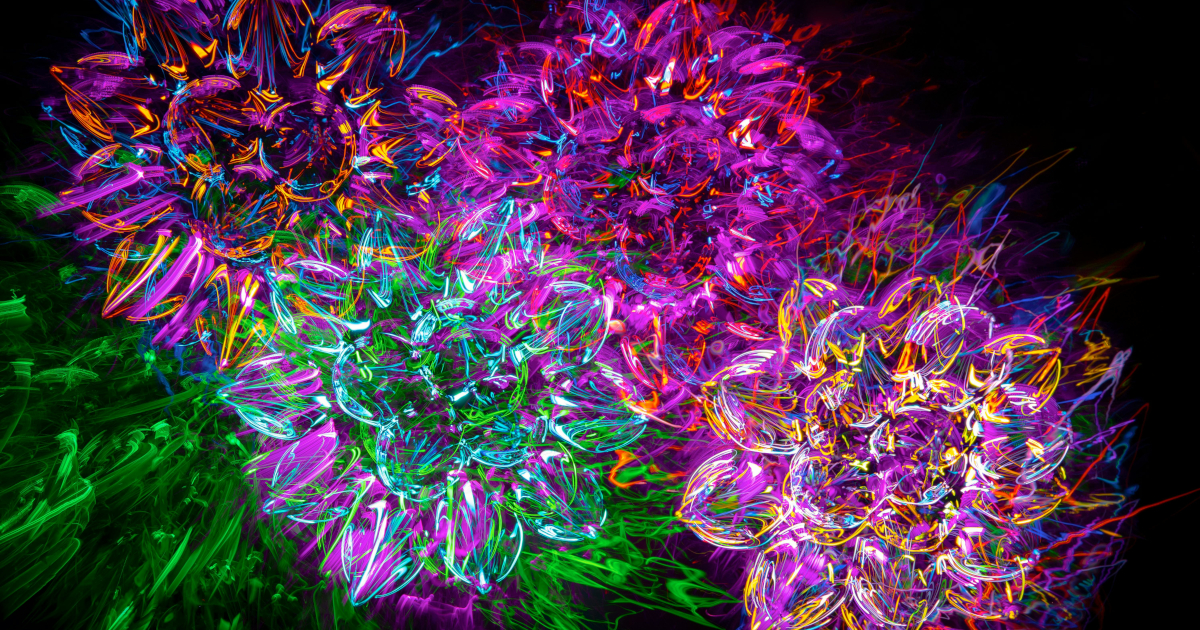Ketamine Therapy Offers New Hope for OCD Patients Through Enhanced Neural Plasticity

Summary
Full Article
Recent advancements in ketamine therapy have highlighted its potential as a groundbreaking treatment for Obsessive-Compulsive Disorder (OCD), offering new hope to individuals struggling with this condition. By enhancing neural plasticity, ketamine allows patients to reshape thought patterns and behaviors associated with OCD, leading to significant improvements in their quality of life.
Dr. John Smith, medical director at Hawaii Ketamine Therapy, reports witnessing life-changing outcomes in patients. The therapy's ability to regulate glutamate transmission restores balance in disrupted brain circuits, resulting in a noticeable reduction in obsessions and compulsions. This swift relief is a beacon of hope for those in distress.
Beyond its role in promoting neuroplasticity, ketamine disrupts maladaptive learning, effectively reducing compulsive behaviors that are often reinforced by temporary anxiety reduction. Its anti-inflammatory properties further contribute to alleviating OCD symptoms linked to inflammation, showcasing the multifaceted benefits of this treatment.
At Hawaii Ketamine Therapy, patients receive personalized and safe treatments from a team of experts, emphasizing a compassionate approach to healing. This innovative therapy not only addresses the symptoms of OCD but also empowers individuals on their journey toward wellness, marking a significant step forward in mental health treatment.

This story is based on an article that was registered on the blockchain. The original source content used for this article is located at Newsworthy.ai
